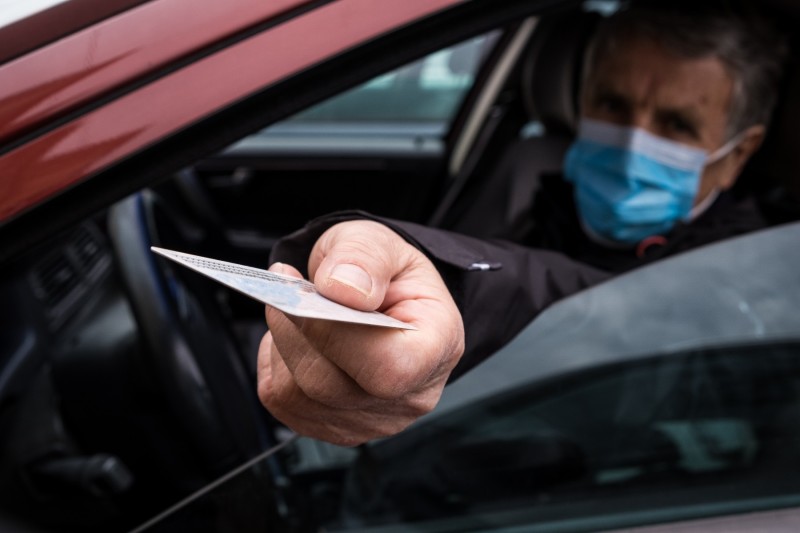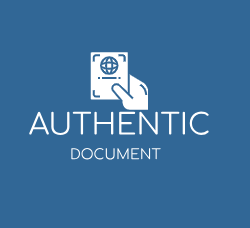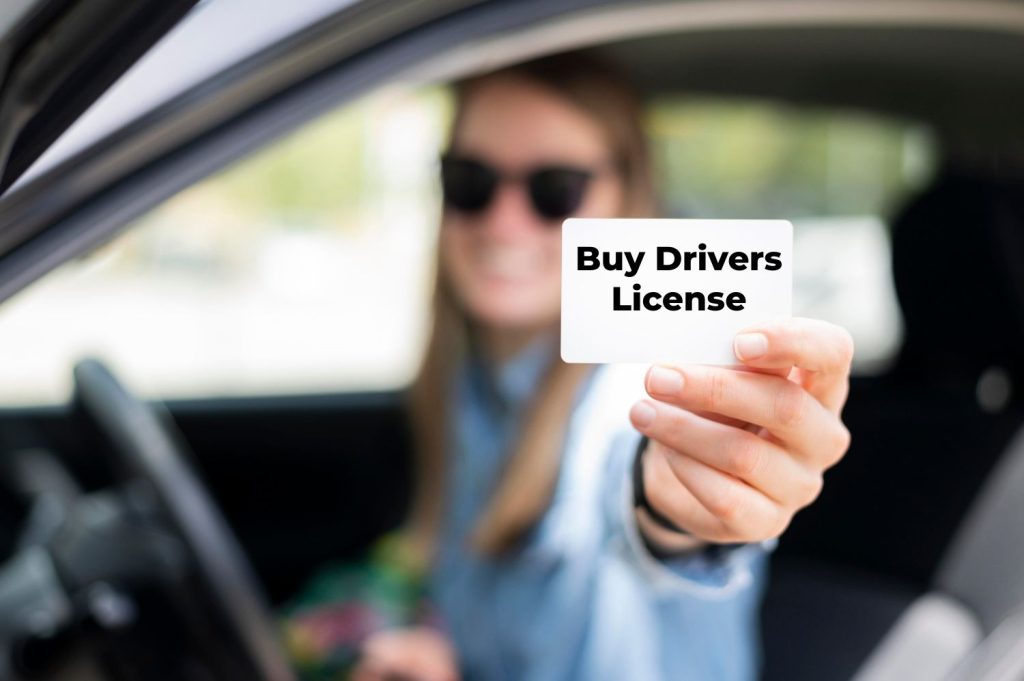Buy driving license
BUY CDL License NJ
BUY CDL license NJ – BUY CDL license California – Pennsylvania nursing license renewal

Introduction
Are you looking to buy a CDL license in NJ, California, or renew your Pennsylvania nursing license? Look no further! We understand the importance of having the right credentials to advance your career, which is why we offer a trusted solution that is both convenient and reliable.
With our services, buying a CDL license in NJ or California has never been easier. Our team of experts provides a seamless and hassle-free process, ensuring you get the license you need without any unnecessary delays. Whether you’re a seasoned driver or just starting out, our services cater to your specific needs.
For those in the healthcare industry, we also offer Pennsylvania nursing license renewal assistance. We understand that staying compliant and up to date with licensing requirements is essential for practicing nurses. Our team is here to guide you through the renewal process, making it quick and easy.
Don’t let the complex licensing procedures hold you back. Contact us today to buy your CDL license or renew your Pennsylvania nursing license with confidence. Take the first step towards advancing your career today!
Understanding CDL licenses
A Commercial Driver’s License (CDL) is a specialized license required to operate certain types of vehicles for commercial purposes. CDL licenses are regulated by the Department of Motor Vehicles (DMV) in each state. These licenses are essential for individuals who wish to pursue careers in the transportation industry, such as truck drivers, bus drivers, and delivery drivers.
To obtain a CDL license, individuals must meet specific requirements set by the DMV. These requirements typically include age restrictions, medical certifications, and passing written and practical exams. The process can vary depending on the state, so it’s essential to familiarize yourself with the specific requirements of your state.
The importance of a CDL license
A CDL license is not just a piece of paper; it holds significant importance for individuals looking to work in the transportation industry. Here are a few reasons why a CDL license is essential:
- Legality: Operating commercial vehicles without a CDL license is illegal in most states. Having a valid CDL license ensures that you are complying with the law and driving legally.
- Job Opportunities: Many employers in the transportation industry require applicants to have a valid CDL license. Having a CDL license opens up a wide range of job opportunities and increases your chances of finding employment in the industry.
- Higher Earning Potential: CDL holders often earn higher wages compared to non-CDL holders. The specialized skills and responsibilities associated with operating commercial vehicles make CDL holders more valuable to employers.
- Career Progression: A CDL license can be a stepping stone to a successful career in the transportation industry. With experience and additional endorsements, such as hazardous materials or passenger endorsements, CDL holders can advance to higher-paying positions.
How to obtain a CDL license in New Jersey
If you’re looking to obtain a CDL license in New Jersey, you’ll need to follow a specific process outlined by the New Jersey Motor Vehicle Commission (MVC). Here’s an overview of the steps involved:
- Meet the Requirements: Before applying for a CDL license, ensure you meet the age requirements (typically 18 or 21 years old, depending on the type of vehicle) and have a valid driver’s license.
- Study the CDL Manual: The MVC provides a CDL manual that covers the knowledge and skills required to pass the written exam. Study the manual thoroughly to ensure you’re well-prepared.
- Obtain a Commercial Learner’s Permit (CLP): Before taking the CDL skills test, you’ll need to obtain a CLP. To obtain a CLP, you’ll need to pass a written test and provide the necessary documentation, such as proof of identity and residency.
- Practice Driving: Once you have your CLP, you can start practicing driving with a qualified supervisor. This practice period allows you to gain experience and prepare for the CDL skills test.
- Schedule and Pass the CDL Skills Test: The CDL skills test consists of a pre-trip inspection, basic vehicle control, and an on-road driving test. Schedule your skills test with the MVC and ensure you’re well-prepared.
- Receive your CDL License: Upon successfully passing the CDL skills test, you’ll receive your CDL license. Make sure to review any endorsements or restrictions listed on your license.
Remember, the process may vary slightly depending on your specific situation and the type of CDL license you’re applying for. It’s always best to consult the New Jersey MVC website or contact them directly for the most up-to-date information.
Buying a CDL license – Is it legal?
The idea of buying a CDL license may seem tempting, especially for individuals looking for a quick and easy solution. However, it’s important to note that buying a CDL license is illegal and can have serious consequences. Here’s why:
- Legal Consequences: Purchasing a CDL license is considered fraud and can result in criminal charges. If caught, you may face fines, imprisonment, and the permanent loss of your driving privileges.
- Safety Concerns: Operating commercial vehicles without the necessary skills and knowledge puts not only yourself but also other road users at risk. CDL licenses are designed to ensure that drivers have the necessary expertise to handle the responsibilities of commercial driving.
- Employment Implications: Employers in the transportation industry conduct thorough background checks and verifications. If you’re found to have purchased a CDL license, it can severely impact your chances of finding employment in the industry.
It’s crucial to understand that obtaining a CDL license requires dedication, effort, and a commitment to safety. By following the proper procedures and investing in your training and education, you can obtain a legitimate CDL license and build a successful career in the transportation industry.
CDL license requirements in California
If you’re interested in obtaining a CDL license in California, you’ll need to meet specific requirements set by the California Department of Motor Vehicles (DMV). Here are the key requirements:
- Age Requirements: To apply for a CDL license in California, you must be at least 18 years old for intrastate driving (within California) and 21 years old for interstate driving (across state lines).
- Medical Certification: You’ll need to provide a valid medical certificate issued by a licensed healthcare professional. This certificate ensures that you meet the physical requirements necessary for operating commercial vehicles.
- Knowledge Tests: Pass the appropriate knowledge tests for the class of CDL license you’re applying for. These tests cover general knowledge, air brakes, combination vehicles, and more.
- Skills Test: Schedule and pass the CDL skills test, which includes a pre-trip inspection, basic control skills, and an on-road driving test. The skills test evaluates your ability to safely operate a commercial vehicle.
- Background Checks: The California DMV conducts background checks, including a review of your driving record and criminal history. It’s important to maintain a clean driving record and disclose any relevant information during the application process.
- Fees: Pay the required fees for obtaining a CDL license, which may vary depending on the class of license and any endorsements or restrictions.
It’s essential to consult the California DMV website or contact their offices directly for detailed information on the specific requirements and processes for obtaining a CDL license in the state.
CDL license renewal in Pennsylvania
CDL license renewal in Pennsylvania is a straightforward process that requires drivers to meet certain criteria. Here’s an overview of the steps involved in renewing your CDL license in Pennsylvania:
- Renewal Schedule: CDL licenses in Pennsylvania are valid for up to four years. The exact renewal schedule depends on your age and the type of CDL license you hold. Make sure to renew your license before it expires to avoid any disruptions.
- Medical Certification: Before renewing your CDL license, you’ll need to provide a valid medical certificate issued by a licensed healthcare professional. This certificate ensures that you still meet the physical requirements for operating commercial vehicles.
- Renewal Application: Complete the CDL license renewal application provided by the Pennsylvania Department of Transportation (PennDOT). The application may require you to provide updated personal information and pay the required renewal fee.
- Background Checks: PennDOT conducts periodic background checks, including a review of your driving record and criminal history. It’s important to maintain a clean driving record and disclose any relevant information during the renewal process.
- Skills Test: In some cases, PennDOT may require you to retake the CDL skills test as part of the renewal process. This ensures that you still possess the necessary skills and knowledge to safely operate commercial vehicles.
It’s important to note that the CDL license renewal process and requirements may change over time. It’s best to consult the Pennsylvania Department of Transportation website or contact their offices directly for the most up-to-date information.
Tips for renewing your nursing license in Pennsylvania
For nurses practicing in Pennsylvania, renewing your nursing license is a crucial process to ensure you can continue providing quality care. Here are some tips to make the renewal process smooth and hassle-free:
- Know the Requirements: Familiarize yourself with the specific requirements for nursing license renewal in Pennsylvania. The Pennsylvania State Board of Nursing provides detailed guidelines and resources to help you understand the process.
- Renewal Timeline: Keep track of your license expiration date and start the renewal process in advance. Renewing early avoids any delays or disruptions in your ability to practice nursing.
- Complete Continuing Education: Pennsylvania requires nurses to complete a certain number of continuing education hours to renew their license. Ensure you fulfill these requirements and keep track of your completed hours.
- Submit Required Documentation: Prepare and submit all the necessary documentation as part of the renewal application. This may include proof of completed continuing education, updated personal information, and any additional requirements specific to your situation.
- Pay the Renewal Fee: Pennsylvania requires nurses to pay a renewal fee when submitting their application. Make sure to include the correct payment to avoid any delays in processing your renewal.
- Stay Organized: Keep copies of all documents related to your nursing license renewal, including receipts, certificates, and correspondence. This helps you stay organized and provides evidence of compliance if required in the future.
By following these tips and staying proactive in the renewal process, you can ensure that your nursing license remains current and valid, allowing you to continue practicing nursing in Pennsylvania.
Avoiding scams when buying or renewing licenses
While the desire for a quick and easy solution when buying or renewing licenses is understandable, it’s crucial to be cautious and avoid falling victim to scams. Here are some tips to help you avoid scams when buying or renewing licenses:
- Research and Verify: Before engaging with any service provider, thoroughly research their reputation and legitimacy. Check for reviews, testimonials, and any necessary licenses or certifications they should possess.
- Beware of Unrealistic Claims: Be wary of providers promising instant or guaranteed results. Legitimate processes for obtaining or renewing licenses require time and effort.
- Check Official Websites: Always refer to the official websites of government agencies or licensing boards for accurate information and guidelines. Scammers may create fake websites that mimic official ones to deceive unsuspecting individuals.
- Never Share Personal Information: Avoid sharing sensitive personal information, such as your Social Security number or financial details, with unknown or unverified service providers.
- Consult Professionals: When in doubt, consult professionals in the field, such as attorneys or licensed agents, who can provide guidance and ensure you’re following the proper legal procedures.
- Report Suspicious Activities: If you come across any suspicious activities or encounter potential scams, report them to the relevant authorities immediately. This helps protect others from falling victim to fraudulent practices.
Remember, obtaining and renewing licenses is a process that requires compliance with legal requirements. By staying vigilant and following the proper procedures, you can protect yourself from scams and ensure you obtain or renew your licenses legitimately.
Alternatives to buying licenses
While the idea of buying licenses may seem tempting for those looking for a shortcut, it’s essential to consider the risks and consequences involved. Instead of resorting to buying licenses, consider these alternative options:
- Education and Training: Invest in education and training programs that can help you acquire the necessary skills and qualifications for obtaining or renewing licenses. Many reputable institutions offer courses and training programs tailored to specific license requirements.
- Consult Professionals: Seek guidance from professionals who specialize in license acquisition or renewal. Attorneys, consultants, and licensed agents can provide valuable advice and assistance throughout the process.
- Compliance with Regulations: Familiarize yourself with the specific regulations and requirements for obtaining or renewing licenses. By understanding and following the proper procedures, you can ensure compliance while avoiding illegal or unethical practices.
- Networking and Mentorship: Connect with experienced professionals in your field who can provide guidance and mentorship. They can share insights and advice on navigating the licensing process and advancing your career.
- Continuing Education: Stay updated with the latest industry trends and advancements by engaging in continuous learning and professional development. This not only enhances your skills but also demonstrates your commitment to your profession.
Remember, the journey to obtaining or renewing licenses may require time and effort, but the rewards are worth it. By investing in legitimate methods and putting in the necessary work, you can achieve your career goals while maintaining your integrity.
Conclusion: The importance of following proper procedures for obtaining and renewing licenses
Obtaining and renewing licenses is a crucial part of career advancement in various industries. Whether you’re looking to buy a CDL license in NJ or California or renew your Pennsylvania nursing license, it’s essential to follow the proper procedures.
While the idea of buying licenses may seem appealing, it’s important to understand that it is illegal and comes with severe consequences. Instead, invest in education, training, and compliance with legal requirements to obtain or renew licenses legitimately.
By understanding the specific requirements and processes for obtaining or renewing licenses, you can navigate through the complexities of licensing procedures with confidence. Whether it’s obtaining a CDL license for a career in the transportation industry or renewing your nursing license to continue practicing, following the proper procedures ensures your compliance and professional growth.
Don’t let the complexities of licensing procedures hold you back from advancing your career

